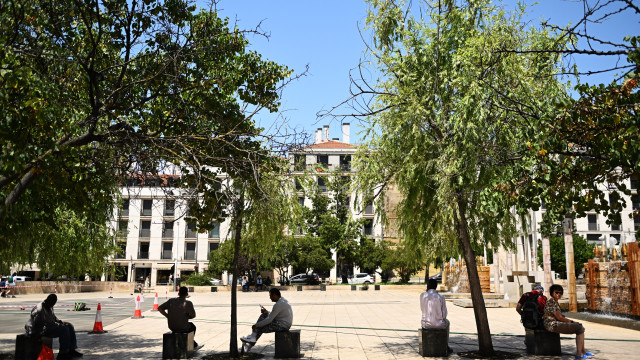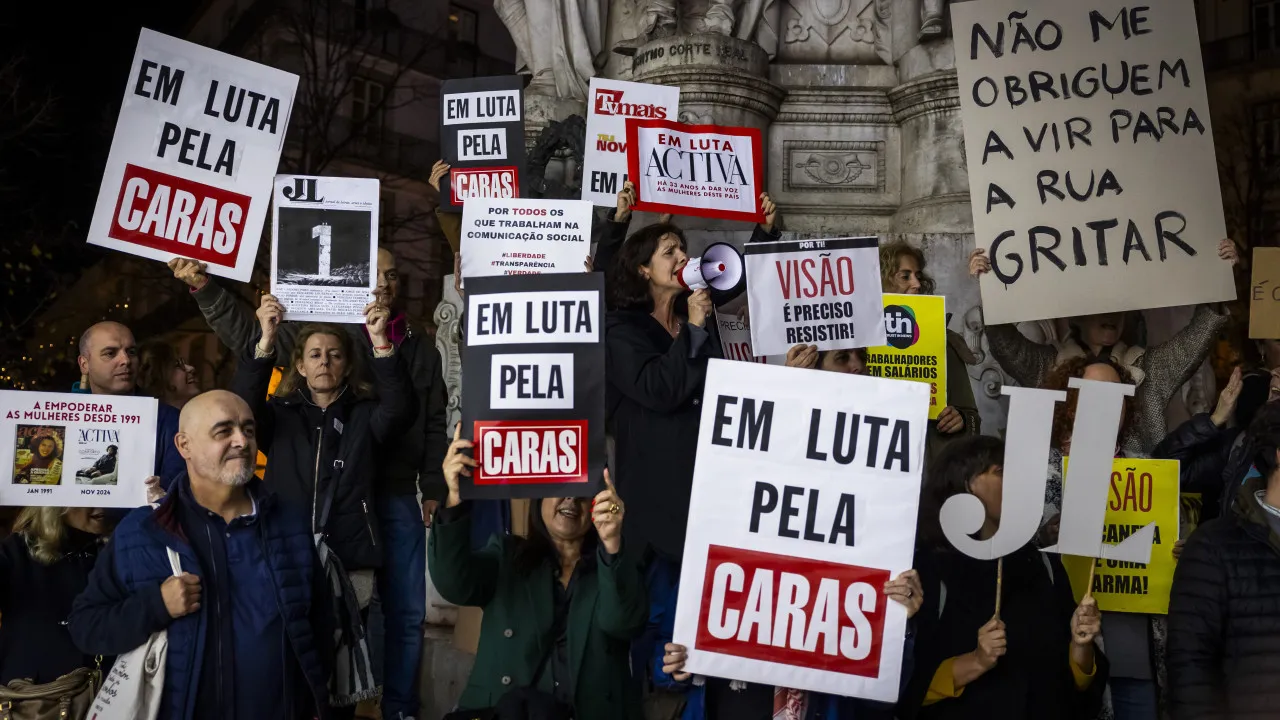Prime Minister Luís Montenegro stated on Saturday that if the Constitutional Court does not validate the constitutionality of the foreign nationals law, “Portugal will not come to an end.” It should be noted that President Marcelo Rebelo de Sousa sent the decree to this judicial body last Thursday, July 24.
Speaking to journalists in Esmoriz, Luís Montenegro emphasized that sending the amendment to the foreign nationals law for preventive review by the Constitutional Court is “a perfectly normal procedure.”
“If that [validation of constitutionality by the Constitutional Court] does not happen, the world will not end, Portugal will not end, and our drive to regulate immigration will not end,” he stated.
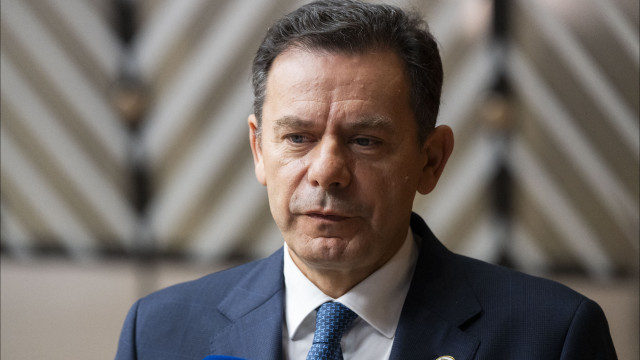
PS leader Luís Montenegro expressed confidence that the Constitutional Court will validate the changes to the foreign nationals law, rejecting the notion that the government acts according to the “agenda of A or B.”
Why did Marcelo send the foreign nationals law to the Constitutional Court?
According to Marcelo Rebelo de Sousa, the decree presented by the government “introduces or alters a significant set of indeterminate or, at the very least, difficult (or even impossible) to concretely determine concepts,” which could “hinder the law’s application, failing to contribute to the necessary legal security and certainty, principles guaranteed by the constitution.”
He also added that it could generate “differentiated and discriminatory treatment” and certainly pose an increased risk of litigation in a fundamental and significant matter for the country and those concerned.
The head of state thus requested “urgent preventive review of the constitutionality of the norms” concerning the right to family reunification and the conditions for its exercise, and set a 15-day deadline “for an urgent ruling by the Constitutional Court.”
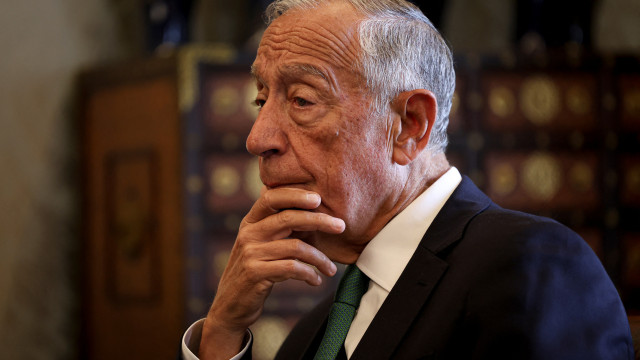
What did the parties say about the referral to the Constitutional Court?
PS representative Pedro Delgado Alves stated that the party welcomes the President’s decision. He hopes the “Constitutional Court will provide a decision within the expected timeframe so that this process can be put back on track, where it should never have left.”
Meanwhile, Chega leader André Ventura criticized the President’s decision, warning of “chaos” in immigration.
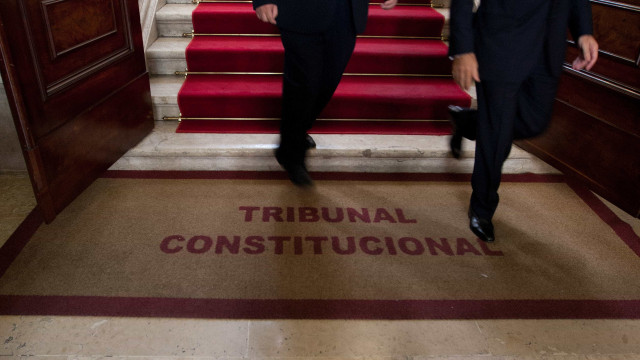
Recap of the main measures of the foreign nationals law
The proposal is one of the three components of the first legislative package by the government elected in May, along with the creation of the National Foreigners and Borders Unit (UNEF) in the PSP and the new nationality law.
Recall some key points of the legislation under review, known as the foreign nationals law:
- Restrictions on family reunification for immigrants
This measure delays by two years the family reunification requests of more than 300,000 immigrants who obtained residence permits following the legal procedure of statements of interest, allowing regularization for those arriving in Portugal with a tourist visa.
- End of benefits for the CPLP
Another controversial measure is ending a favorable regime for Community of Portuguese Language Countries (CPLP) citizens, who now must apply for a work or residence visa in their country of origin to obtain a residence permit.
- Only highly skilled immigrants and investors benefit
The only foreigners favored by this legislative package are highly skilled immigrants, who are the only ones granted access to job-seeking visas, and holders of Residence Permits for Investment (“gold visas”), who can request family reunification without the two-year waiting period.
